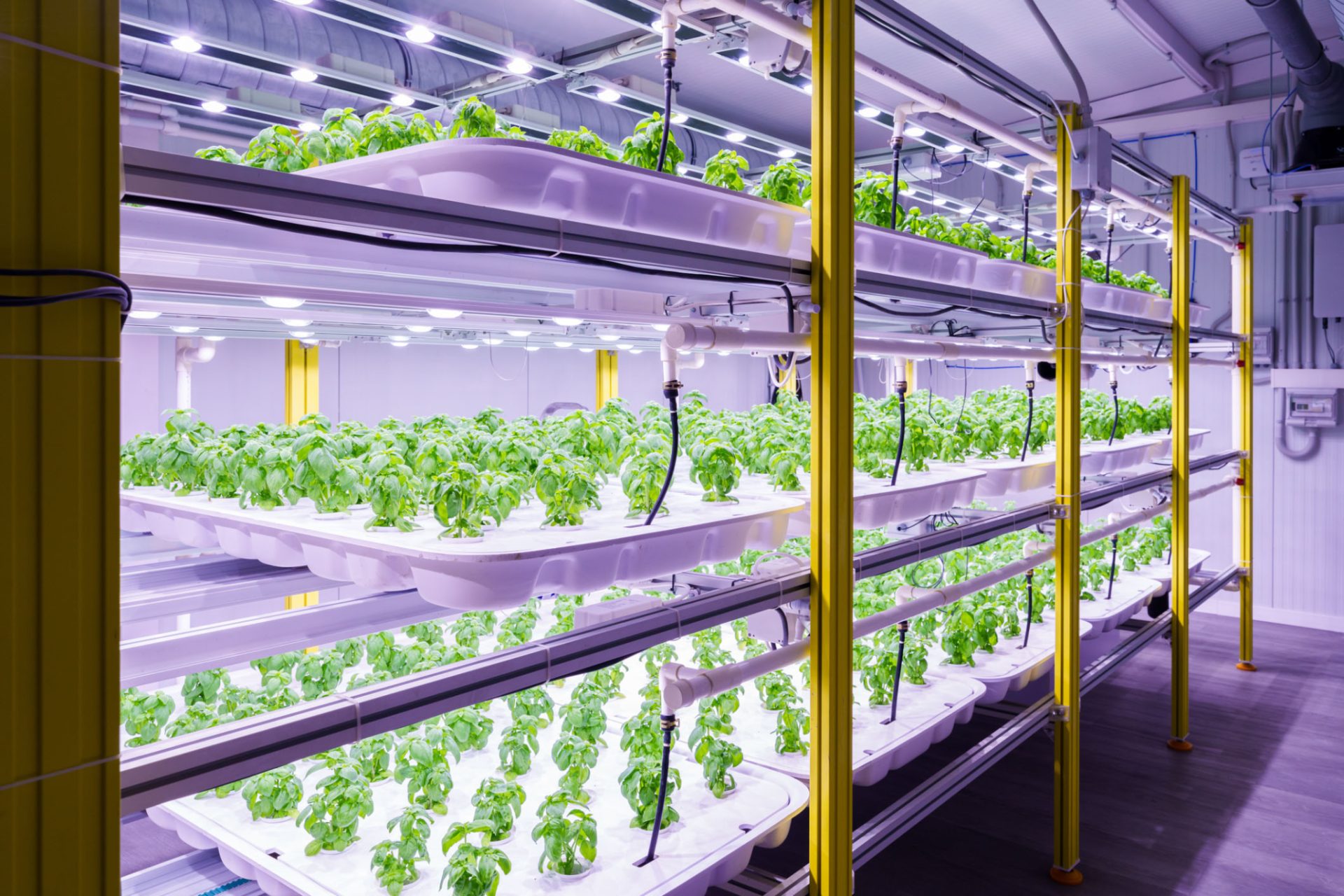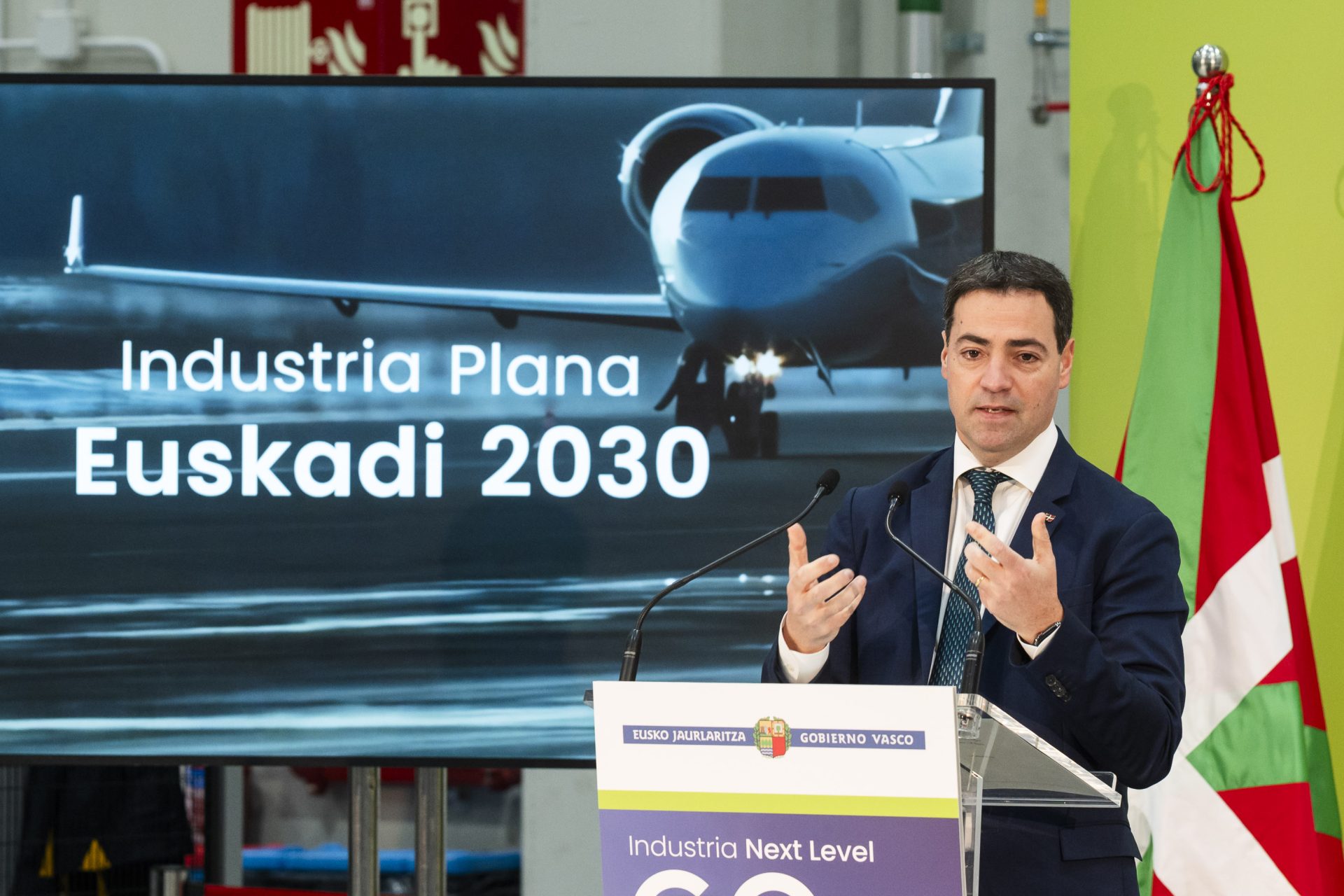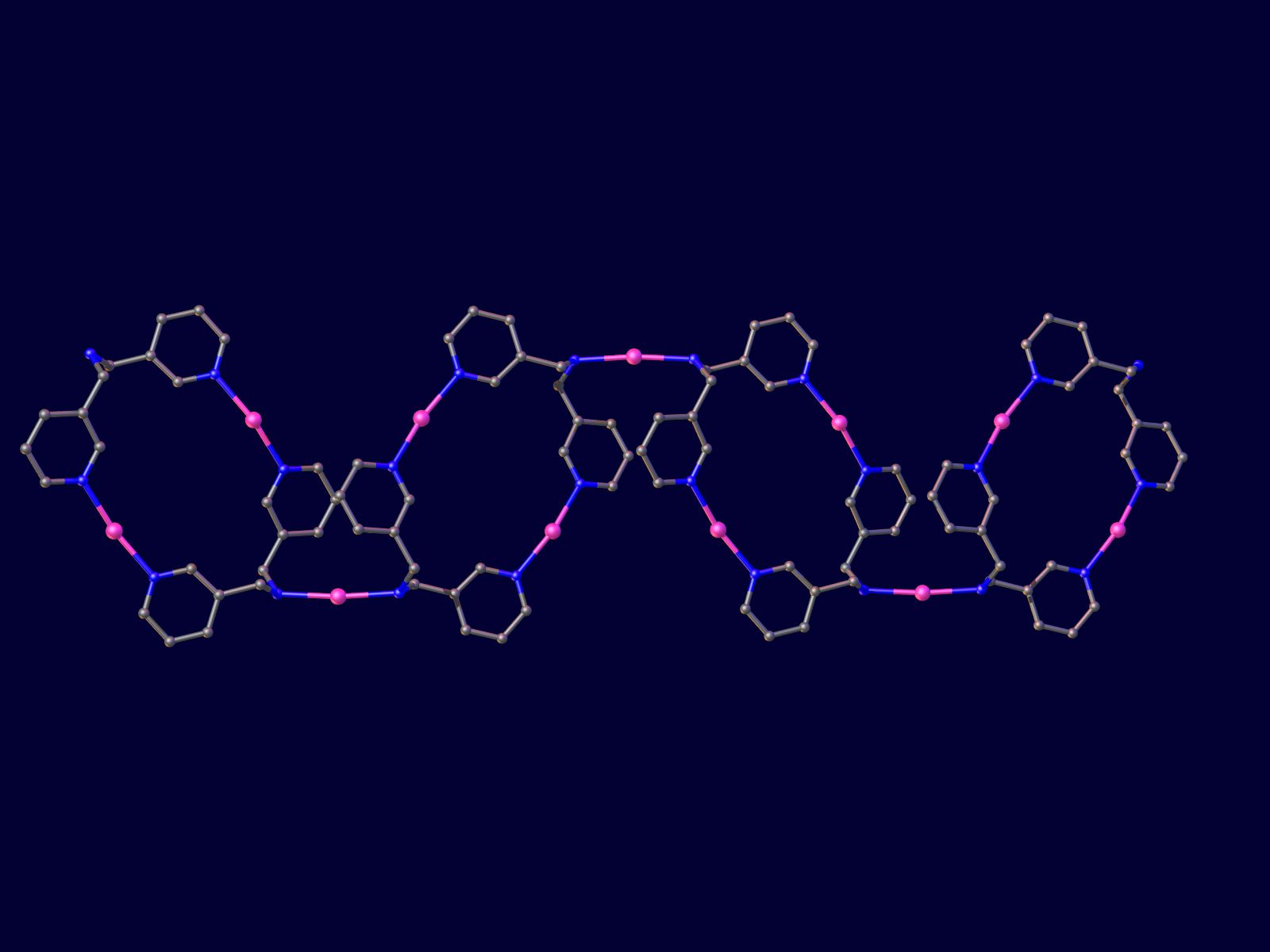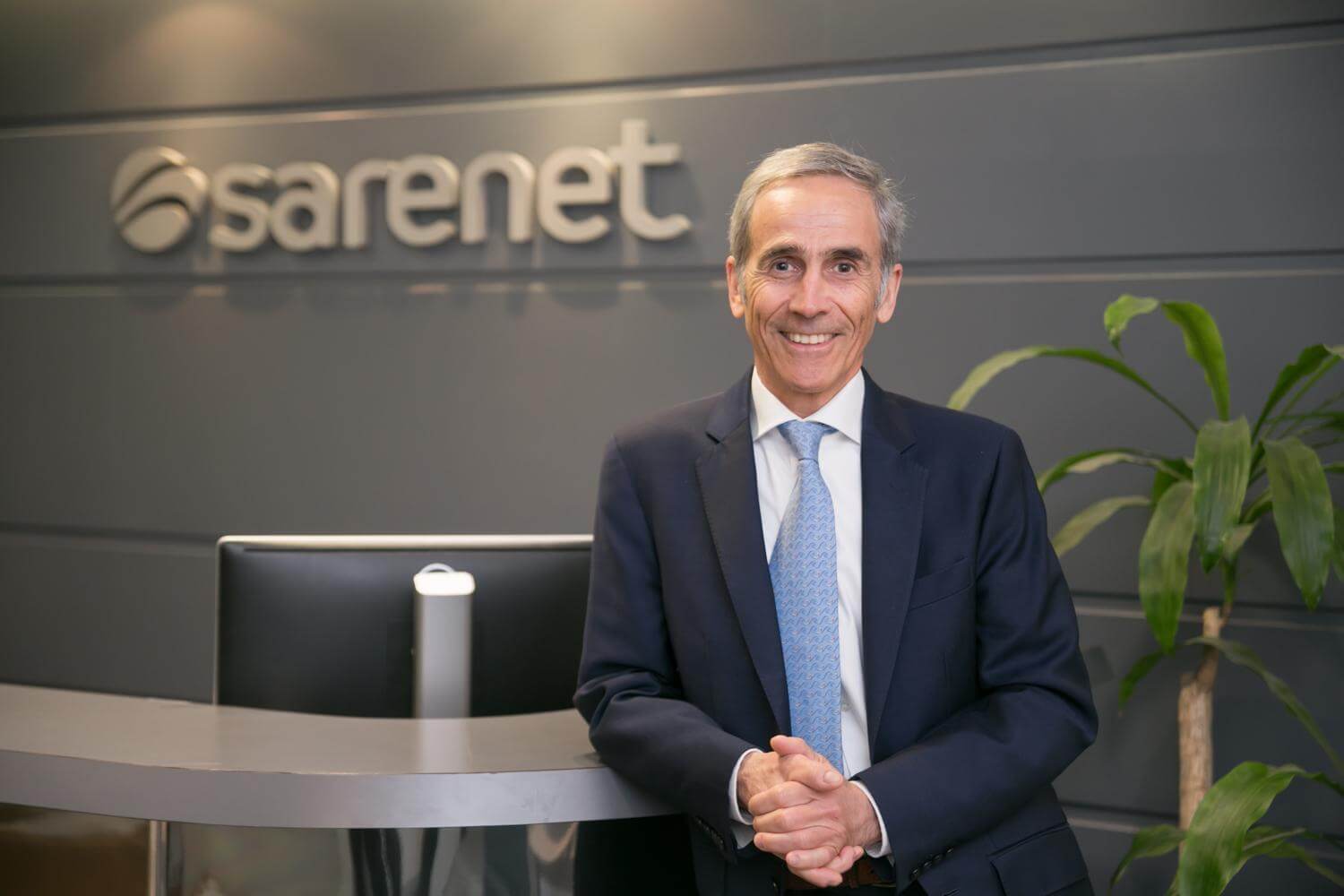Vertical farming to optimise sustainable food production

The NEIKER technology centre is making progress in its commitment to more sustainable and efficient agriculture by developing innovative vertical crops, known as “indoor-vertical farming”.
Specifically, NEIKER is using this system to grow aromatic plants such as basil, chives and coriander in response to the demand for fresh, quality products.
This technology allows the production of plants in closed and controlled enclosures, optimising the use of space by growing on multiple levels, like shelves.
Innovation in food production has become a necessity in the global context of population growth and climate change in which we are immersed. When it comes to ensuring a continuous and sustainable supply of healthy food, protected cultivation systems, such as indoor verticals, have become promising alternatives. This indoor vertical farming technology makes it possible to increase production, improve the efficiency of resource use and reduce environmental impact, contributing to a more competitive and sustainable agriculture.
NEIKER, a member of the Basque Research and Technology Alliance (BRTA), is committed to the development and study of this emerging cultivation technology at its facilities in Derio (Bizkaia). Specifically, the centre is making use of this technology to grow aromatic plants such as basil, chives and coriander, responding to the growing market demand for fresh, seasonal and high quality products all year round.
To this end, the technology centre has recently acquired an infrastructure for vertical cultivation consisting of a 50 m², enclosed and controlled space where plants are grown on three levels as if they were shelves, optimising the use of space. “This module is equipped with an automated irrigation system and precise control of light conditions, temperature, humidity and CO2 concentration, which ensures an optimal environment for plant growth,” explains Patrick Riga, researcher at NEIKER’s Plant Production and Protection Department.
Advantages compared to traditional farming
Indoor-vertical farming is the controlled production of plants indoors, isolated from outside climatic conditions, making maximum use of the available height by growing crops at different ground levels.
Among other benefits, this method makes it possible to cultivate all year round, without depending on the seasons, resulting in more stable and predictable yields.
On the other hand, as the plants are protected from external conditions, it eliminates the impact of adverse weather conditions such as drought or flooding and pest or disease pressure. Furthermore, by eliminating the need for agricultural land, it allows their location in urban areas close to the final consumer, with corresponding savings in logistics.
The implementation of this type of cultivation systems in controlled indoor shelves also favours an optimisation of resources. Specifically, the use of this type of system reduces the use of water by 95% and fertilisers by 70%. In this way, vertical cultivation reduces environmental impact and soil degradation.
In addition, due to the distribution of the crop on several levels, the production per m2 is much higher than in traditional cultivation. In fact, this novel technology could increase production by up to 50 times compared to traditional agriculture.
To date, there are only a dozen companies and centres in Spain that are working on studying the benefits of indoor-vertical farming. This commitment is in addition to NEIKER’s other lines of research and development in advanced and sustainable technologies with which it seeks to provide answers to the main challenges of 21st century agriculture.
Furthermore, the research and development of innovative technologies for the first sector allows it to promote efficient and environmentally friendly practices, ensuring a stable food supply for future generations.
Towards a more sustainable food system
The optimisation of protected cultivation systems for sustainable production -with technologies such as indoor vertical farming- is one of the lines of work of the agritech roadmap that NEIKER is promoting in the Basque Country to improve competitiveness, efficiency and the current environmental impact of the agri-food and forestry sector through the implementation of key technologies.
A sustainable food system will be essential to achieve the climate and environmental objectives of the European Green Pact and the Basque Green Deal, while improving the income of primary producers and strengthening the competitiveness of the sector.
The objectives of the roadmap are, among others, to increase food production, in order to reduce dependence; to increase training, both in the field of Vocational Training and at university level, in technified agriculture and livestock farming; to promote local agritech entrepreneurship or to create new business opportunities for the industrial fabric of the Basque Country that wants to diversify its offer towards the global agri-food chain (sensors, components, robotics, materials, structure, the field of energy, etc.).
The first steps of this roadmap have already been taken in 2022 with projects focusing on precision agriculture with fertiliser and irrigation systems based on artificial intelligence, aeroponic seed potato production, protected cultivation systems such as greenhouses or indoor farming, precision livestock farming or agrivoltaics, to name but a few.




